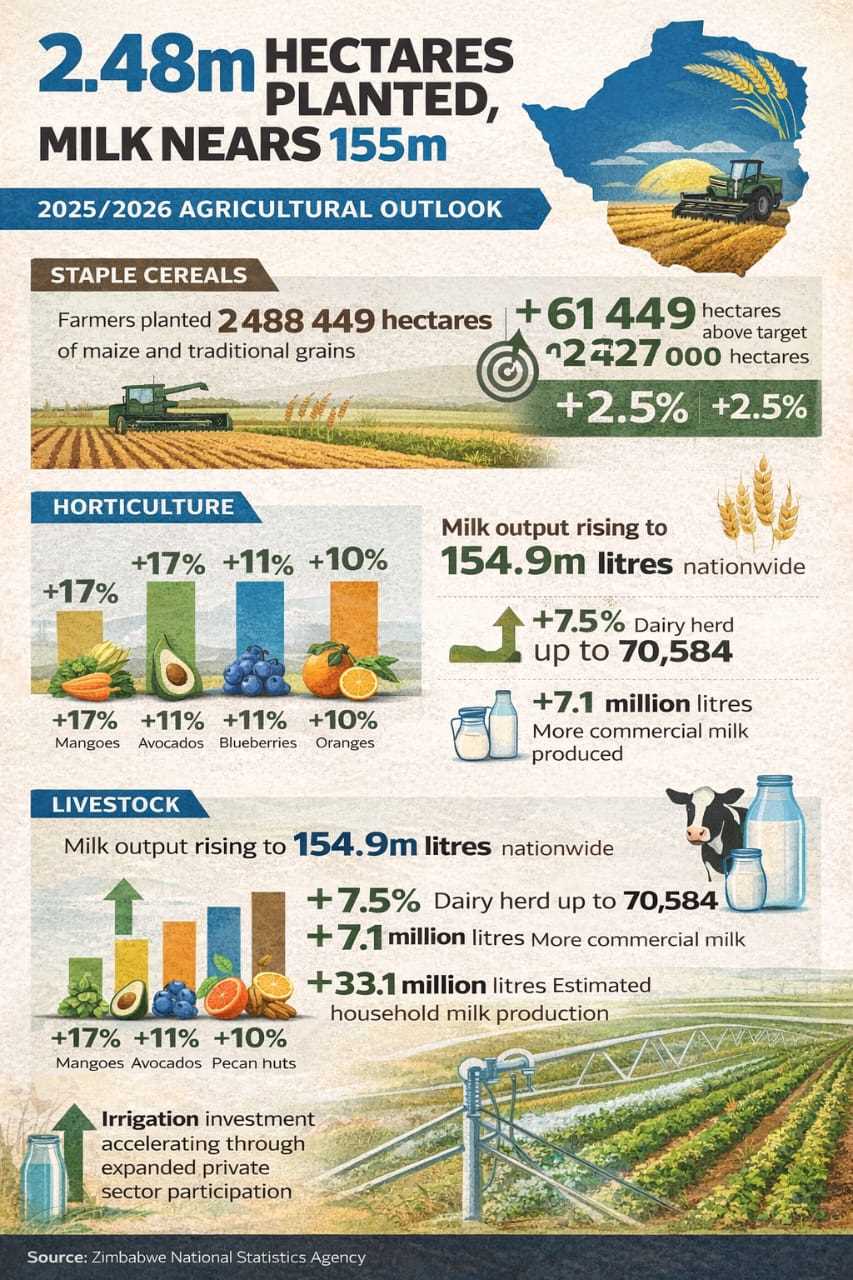
Audrey Galawu
Sanitary Aid Zimbabwe Trust has urged government to reconsider its budget allocation and prioritise the provision of adequate funding for menstrual health programs.
This comes as Minister of Finance, Economic Development and Investment Promotion Professor Mthuli Ncube allocated ZWL$15.5 billion (equivalent to US$2 676 567) for the procurement of sanitary wear for disadvantaged pupils.
SAZT said while this allocation is intended to support menstrual health, it is significantly lower than the US$12.5 million allocated in 2020 and the US$11.64 million allocated in the 2022 National Budget.
“SAZT is deeply concerned about the reduction in allocations for school girls’ sanitary wear in the 2024 National Budget, despite the legal requirement for authorities to provide such essential items.
“We call upon authorities to fulfill their legal obligation and ensure that all schools have comprehensive and sustainable menstrual health programs in place. This includes providing free and accessible sanitary wear, menstrual hygiene education and safe and private facilities for girls to manage their periods with dignity.
Related Stories
“As an organisation dedicated to promoting menstrual health and empowering young girls, we believe that every girl deserves access to safe and hygienic menstrual products. Menstruation is a natural and normal part of life, and it should never be a barrier to education or a cause of shame or discomfort.
“According to Section 3(1a) of the Education Act, it is the State's obligation to ensure the provision of sanitary wear and other menstrual health facilities to girls in all schools, with the aim of promoting menstrual health. However, the current budget allocation raises concerns about the government's commitment to fulfilling this legal requirement.
“In Zimbabwe, there are approximately 1 336 693 school girls between Grade Four and Form Six, many of whom have already started menstruating. It is disheartening to note that a significant number of these girls do not have access to proper period products, which can impact their well-being, self-esteem and overall educational experience,” the organisation said.
Insufficient access to menstrual products often leads to absenteeism, compromised hygiene and a lack of dignity for young girls.
This situation not only affects their educational progress but also perpetuates gender inequality and reinforces the stigma surrounding menstruation.



















Leave Comments